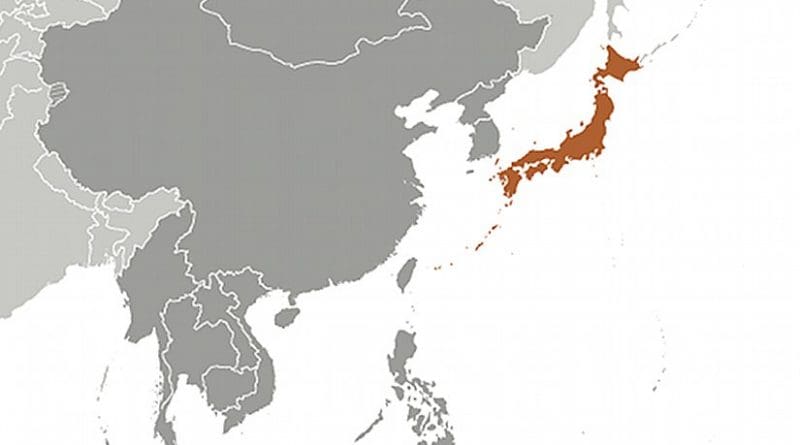Japan: Tepco Losses As Business Plan Approved
The Japanese government has approved a special business plan put forward by Tokyo Electric Power Company (Tepco) that will release government funds to compensate those affected by the Fukushima Daiichi nuclear accident.
Tepco has promised to start work immediately on providing “compensation with empathy and consideration” under the terms of the special business plan, approved by the Ministry of Economy, Trade and Industry (METI) on 4 November. The ministerial approval means that government funding will be released to the company to make compensation payments. The Japan Times reported that the government will release some ¥900 billion ($11.5 billion) to Tepco to cover compensation payments over the rest of the current financial year, which ends in March 2012.
In the plan, Tepco has also promised to work towards a “drastic streamlining” of current management and set itself targets to achieve cost reductions of over ¥2545.5 billion ($32.6 billion) over the next ten years. The special business plan is itself an emergency measure and will be revised in a comprehensive special business plan, to be completed for approval in the spring of 2012.
The same day that METI approved the special business plan, Tepco released interim financial results for the period 1 April-30 September 2011 in which it reported net losses of ¥627.2 billion ($9.3 billion). Extraordinary losses of ¥1975.9 billion ($25.3 billion) included costs and losses of ¥185.0 billion ($2.4 billion) from restoration costs to properties damaged by the Tohoku-Chihou-Taiheiyo-Oki Earthquake and nuclear damage compensation of ¥890.9 billion ($11.4 billion).
Operating revenues were down 7.7% on the same period in the previous financial year, the company noted. In response to the devastation caused by the earthquake and tsunami which struck northern Japan in March, Japanese consumers were asked to conserve electricity and Tepco noted that electricity sales had fallen 13.6% compared to the same period in 2010 thanks to a decrease in electricity consumption, a decline in production activities and a relatively cool summer, which depressed the demand for air-conditioning.

